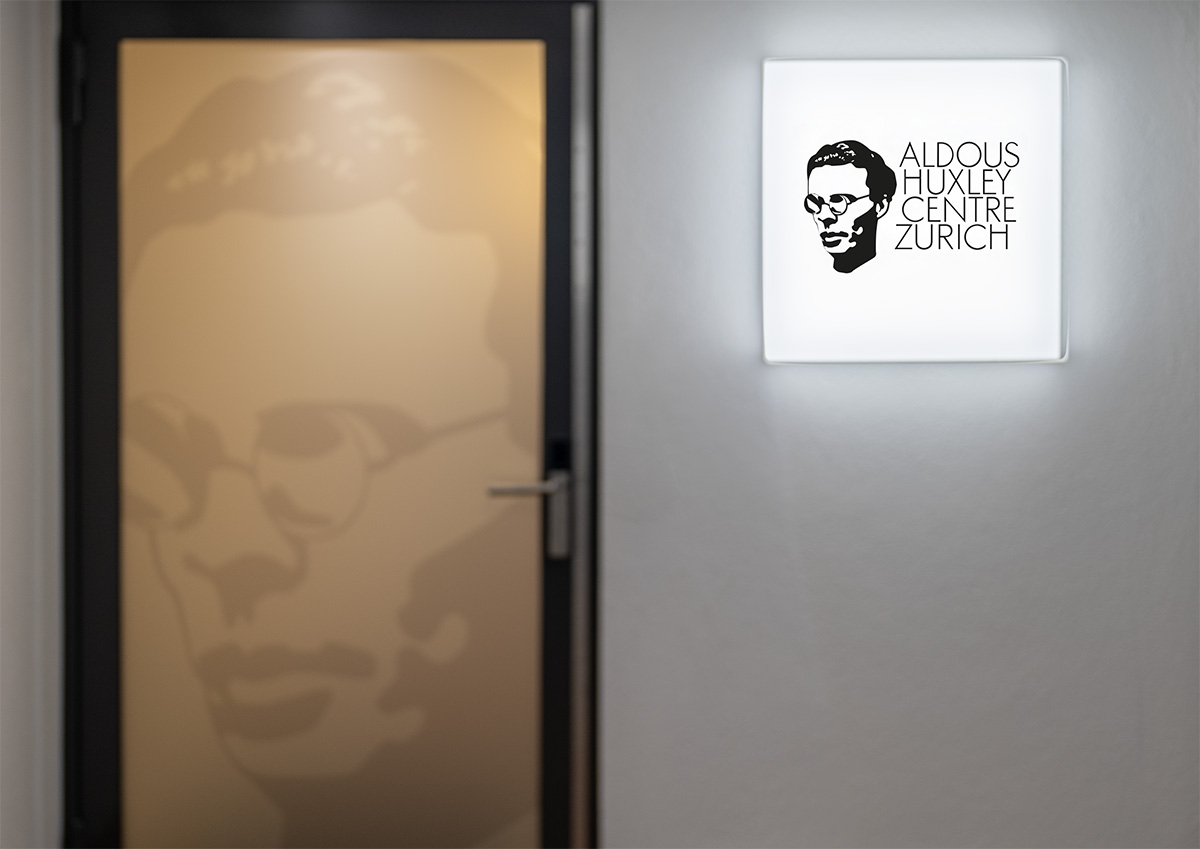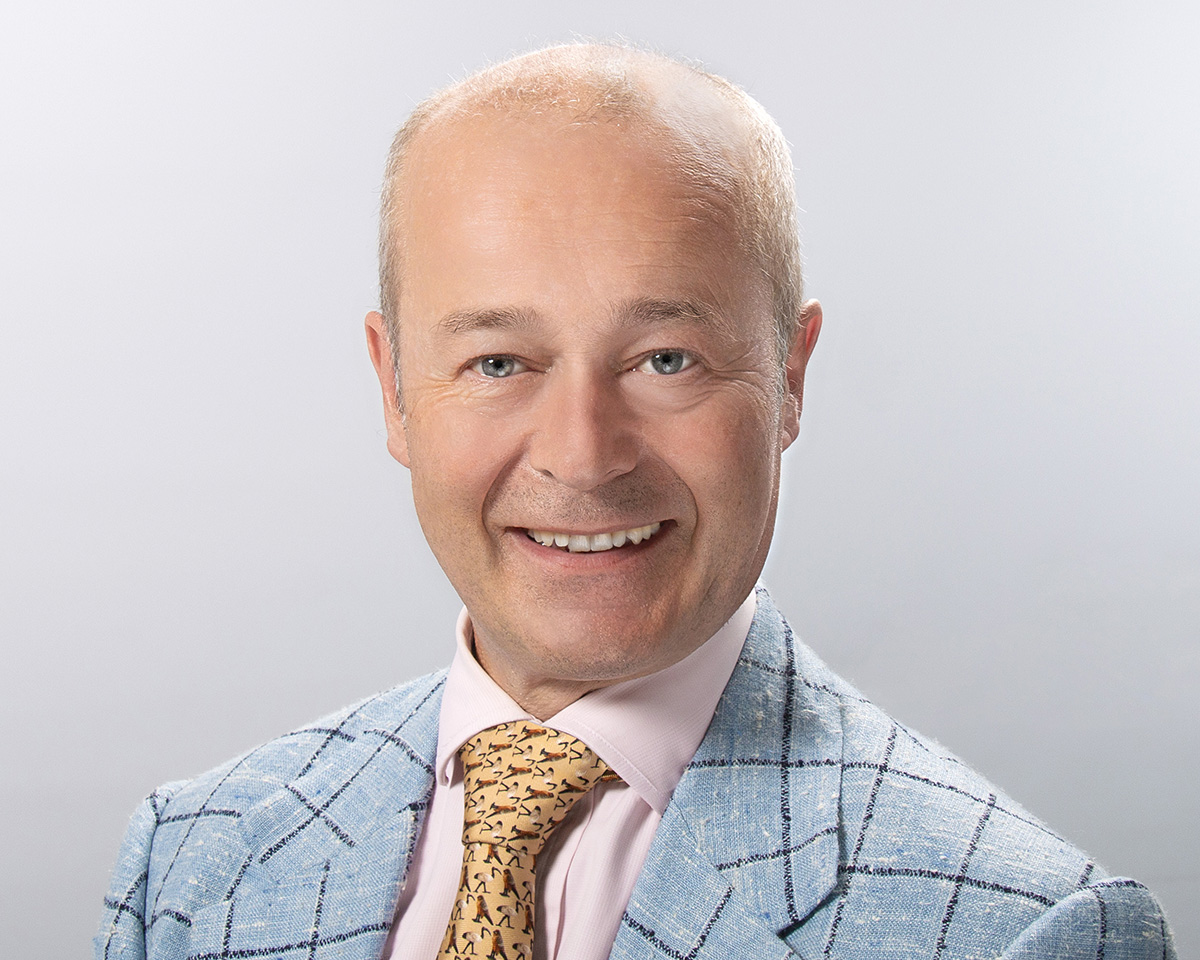Education

Date
- 15.03.2024
- Expired!
Time
- 15:00 - 17:00
Cost
- Free
Programme 2nd Year
Aldous Huxley had a strong interest in education and was critical of conventional educational systems. His thoughts on education can be summarized as follows:
- Progressive and Individualized Education
Huxley believed in the importance of individualized education that nurtured the unique talents and potential of each student. He favored educational approaches that allowed students to explore their interests and develop critical thinking skills. He criticized rigid and standardized educational systems that stifled creativity and imposed conformity. - Intellectual Freedom
Huxley valued intellectual freedom and the pursuit of knowledge. He believed that education should encourage students to think critically and independently, rather than promoting rote memorization and passive learning. - Spiritual and Ethical Education
Huxley thought that education should not be limited to intellectual development but should also include a strong moral and ethical component. He believed that an education that emphasized values, ethics, and spiritual growth was essential for the well-being of individuals and society. - Balance Between Science and Humanities
Huxley advocated for a balanced curriculum that included both scientific and humanistic subjects. He believed that a well-rounded education should encompass the arts, literature, philosophy, and the sciences, as this would provide students with a broader understanding of the world. - Critique of Mass Education
Huxley was critical of the mass education systems that he saw as promoting conformity and uniformity. He expressed concerns about the dehumanizing effects of large-scale education and the reduction of individuals to mere cogs in a bureaucratic machine. - Alternative Approaches
Huxley was interested in alternative educational models, such as Montessori education and experimental schools. He saw these approaches as more aligned with his vision of a holistic and individualized education. - Influence on “Brave New World“
Huxley’s novel “Brave New World” includes a critique of an educational system that conditions and indoctrinates individuals from birth to conform to societal norms. This portrayal serves as a warning about the potential dangers of an education system that prioritizes stability and conformity over individual growth and freedom.
In summary, Aldous Huxley advocated for a progressive and individualized approach to education that emphasized intellectual freedom, ethical and spiritual development, and a balance between the sciences and humanities. He was critical of mass education systems that promoted conformity and sought to explore alternative models that valued the unique potential of each student. His ideas on education are closely related to his broader concerns about individuality, freedom, and the well-being of society.
Reading for next lecture
– Relevant essays volumes IV-VI
Book list
Complete Essays Volume IV
(Ivan R. Dee)
In this fourth installment of a planned six-volume collection, Aldous Huxley expresses profound concerns regarding the trajectory of history during the late 1930s, a period marked by the looming specter of a second global war. Throughout this volume, many of his essays delve into his enduring fascination with popular culture’s conventions, as well as the interplay between philosophy, science, and history, particularly in relation to their influence on developments in the realms of art and politics. Yet, his overarching preoccupations oscillate between the realms of empirical science and the intricate tapestry of social history on one hand, and a relentless quest for an absolute truth that transcends them both.
Within these pages, Huxley’s critical examination extends to the political landscape and the prevailing ideologies of fascism and capitalism, all the while intertwining with his pursuit of a foundational truth in a world characterized by constant change and diversity. Notably, he embraced a brand of political pacifism that intersected with a growing attraction to religious quietism and mysticism. Simultaneously, he undertook a concerted effort to reconcile mystical experiences with contemporary theories of physics and the philosophy of science.
At their zenith, Huxley’s essays represent some of the most exceptional examples of the genre in modern literature. This collection is deemed a remarkable publishing event, distinguished by its meticulous production and authoritative editing.
Complete Essays Volume V
(Ivan R. Dee)
Within this penultimate volume, Huxley persists in his examination of the place of science and technology within contemporary society. Simultaneously, he embarks on a quest for the ultimate and definitive Truth that could serve as the bedrock for his burgeoning fascination with religious mysticism. It is within this period that his philosophy of history attains its conclusive shape and substance.
In their most refined manifestations, Huxley’s essays continue to shine as exemplary instances of the genre within modern literature.
Complete Essays Volume VI
(Ivan R. Dee)
In this culminating and final volume of Huxley’s essays, we witness the culmination of what critics have hailed as “an extraordinary publishing achievement, meticulously crafted and expertly curated.” Within these pages, Huxley offers his ultimate evaluation of contemporary society. Returning to the themes that underpinned his dystopian masterpiece, “Brave New World,” he delves into a wide spectrum of contemporary subjects, ranging from ecology, sociobiology, and psychology to politics, history, and religion. His deep-seated concerns about the challenges posed by modernity permeate his writings.
This volume also features Huxley’s ultimate contemplation on the intersection of art and religion in “Shakespeare and Religion,” along with the inclusion of two recently discovered essays on science, technology, and the complexities of “modern life.” Volume VI additionally stands as a notable entry into Huxley’s engagement with the C. P. Snow/F. R. Leavis controversy surrounding the “two cultures.” During the early 1960s, the relationship between science and the humanities was a fiercely debated topic, drawing the participation of luminaries such as Lionel Trilling and scientists like J. Robert Oppenheimer. Huxley’s response to this discourse was “Literature and Science,” his final book, which serves as a summative expression of his theories on art and culture.
As one of the last prominent public intellectuals of the modernist era, Huxley’s essays present a reframing of modern cultural history in all its multifaceted dimensions.
Location

- Huxley Centre
- Seehofstrasse 6, 8006 Zürich, 4th floor
-
Opening Hour
15:00
Organizer

Robin Hull, lic.phil. Dip RSA
Huxley Centre / Hull's School
QR-CODE
